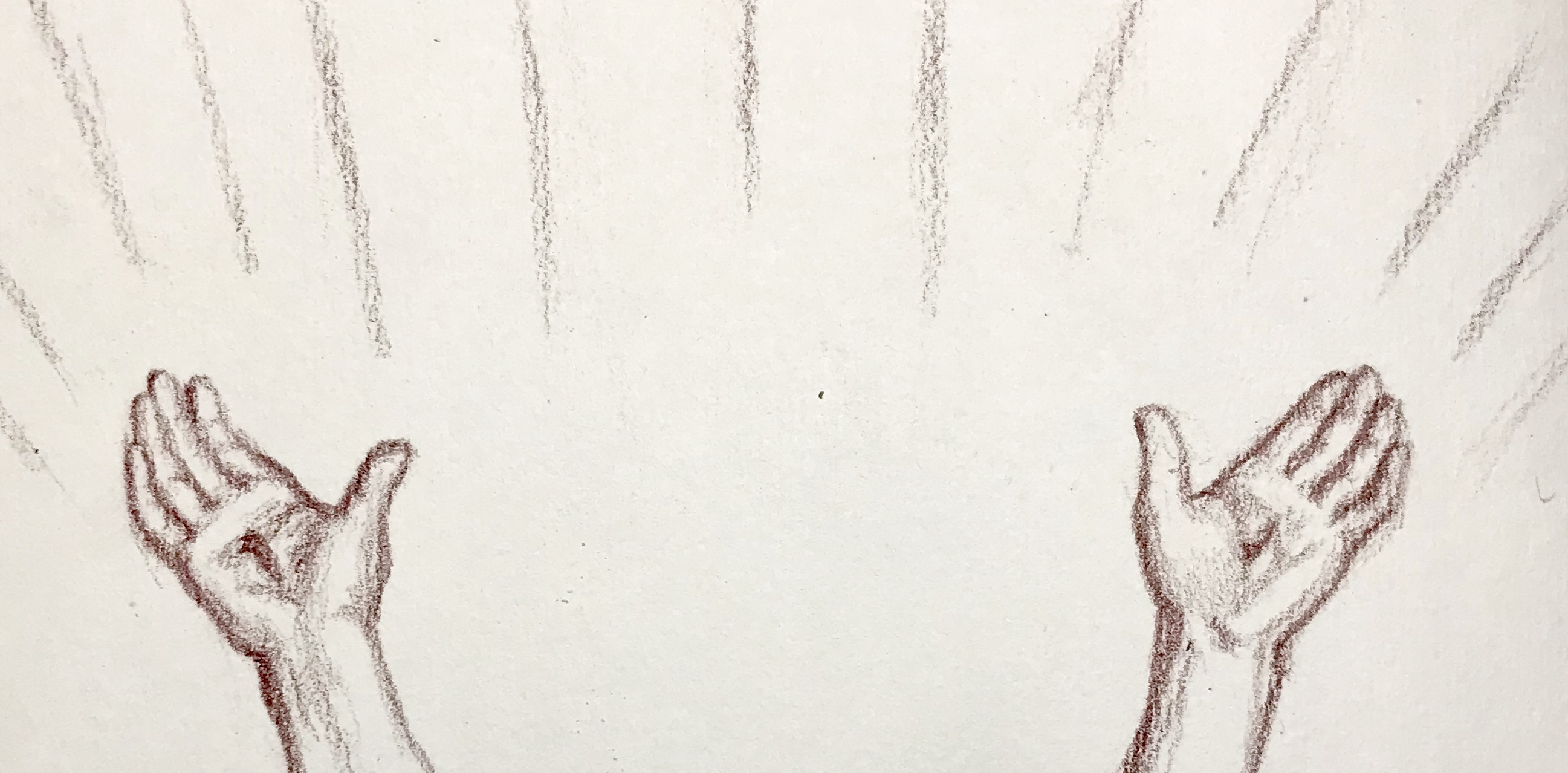The Gospel of Saint Matthew presents a fairly graphic account of the real effects of demons around us. It would be a false interpretation of this Gospel to consider Jesus’ action, or the story itself, as purely symbolic. Indeed, if demons were merely myth, Jesus would have had the moral obligation to stand clearly against such ideas. Instead, Jesus gives us a teaching on what the demons are capable of doing and what they are permitted to do. Swine represent what is filthy in the animal world. Demons seek out what is filthy, and so if they are obliged to leave one place, they seek out another place of filth. Spiritually, filth corresponds to vice, and vice is the place where the evil spirits like to take up residence. These two men, possessed of demons, live in the place of death: the tombs. Vice, like virtue, is a stable disposition – in other words, it is habitual and more difficult to change. The demons like to re-enforce and strengthen our vices so that we may be convinced they are impossible to overcome after we have made valiant attempts. Jesus shows us that it is possible to overcome these spirits by simply casting them out. Jesus even teaches us to cast out the demons in His name.
Monday of the Ninth Week in Ordinary Time

The Resurrection must progressively become the only future we are expecting. This has two consequences on our day to day life. First, it means we don’t have much else to look forward to in this life: we are glad to see the grace of God at work in ourselves and in others, and we are delighted by the occasions to be part of the divine movement. Second, it means we no longer expect to get something good or bad out of this life: the resurrection infinitely surpasses anything we have or can experience in this life. All other goods, compared to the resurrection, are absolutely inferior. The resurrection is something divine: Jesus says, “I AM the resurrection.” It is the most godlike thing that can happen to our human flesh – born again to immortality.

